Lately, the issue of martial law and general mobilization in Russia has been a recurring theme in both the international and Hungarian press. Similar to most countries, martial law can be declared in Russia by parliament, more specifically its lower house. Under the Russian constitution, this provision would be made either by the government, or by the president, in this case Vladimir Putin.
The declaration of martial law would entail fundamental changes in the country, according to Norbert Toth, an international legal expert. These changes would include the option of immediate mobilization, that is, the conscription of men aged between 18 and 55 who had previously served in the military. General mobilization, however, would also require the appointment of military commissars and quartermasters to conduct operations involving millions of people.
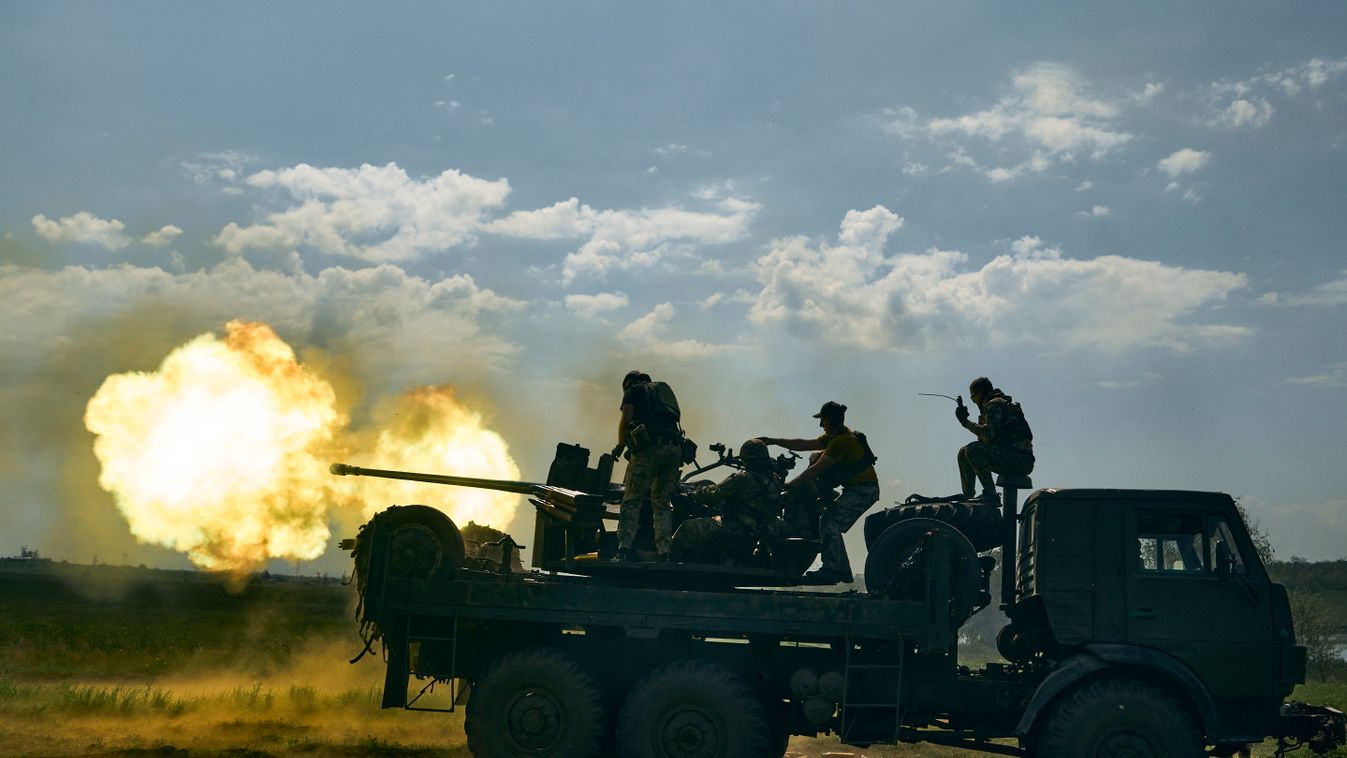


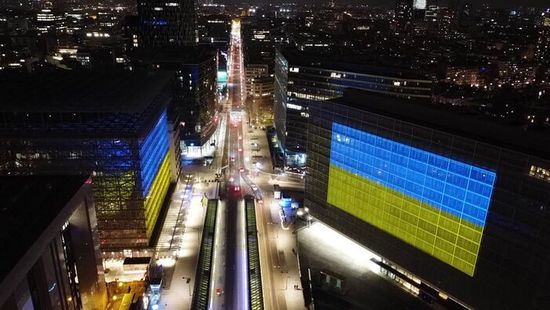
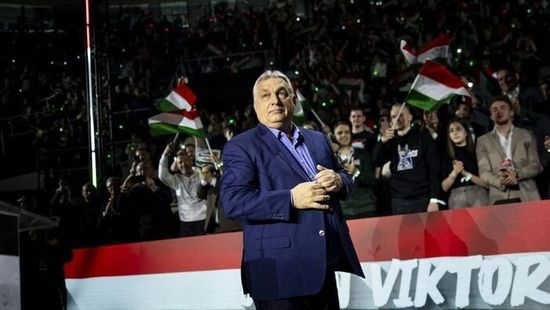
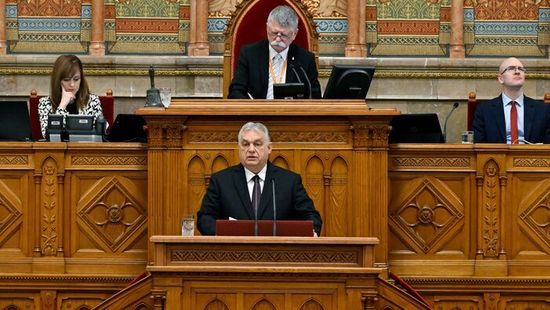

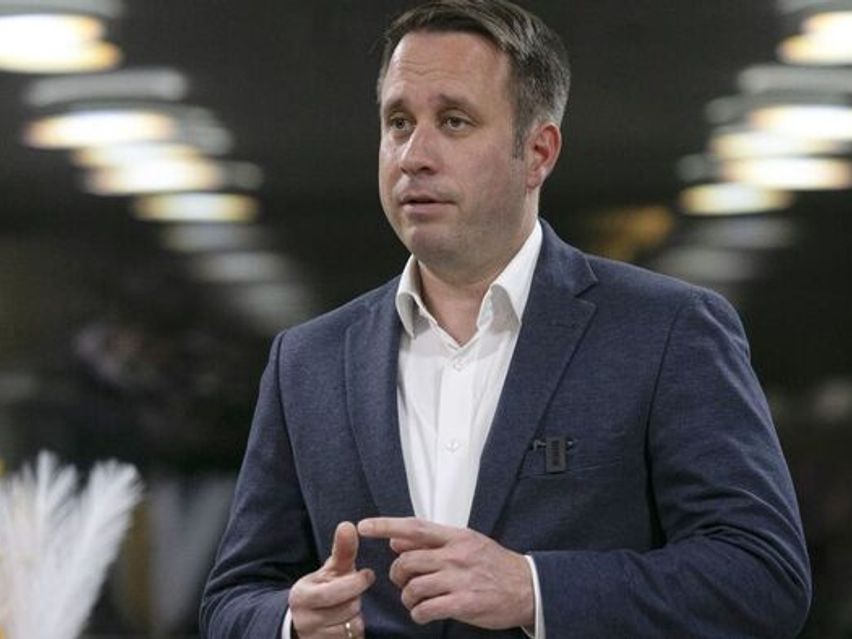
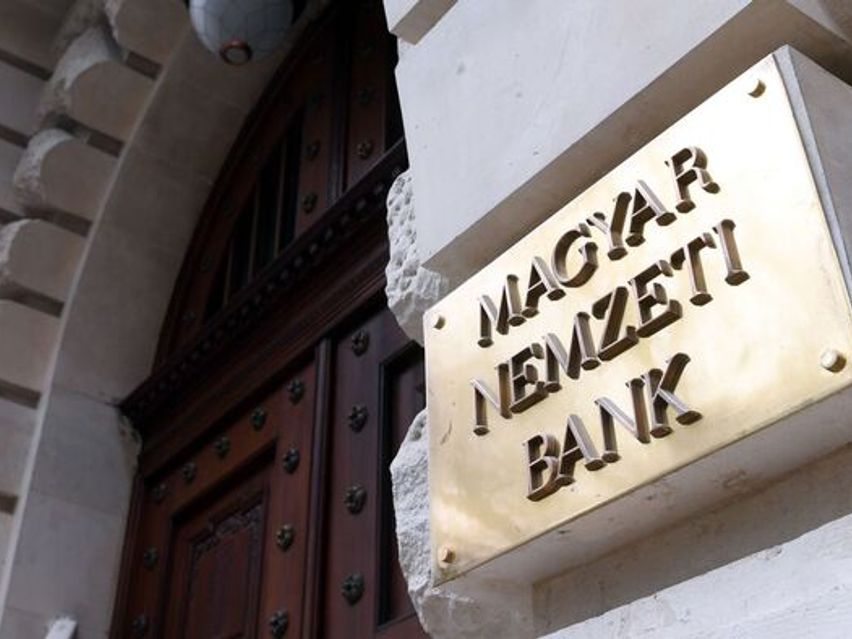

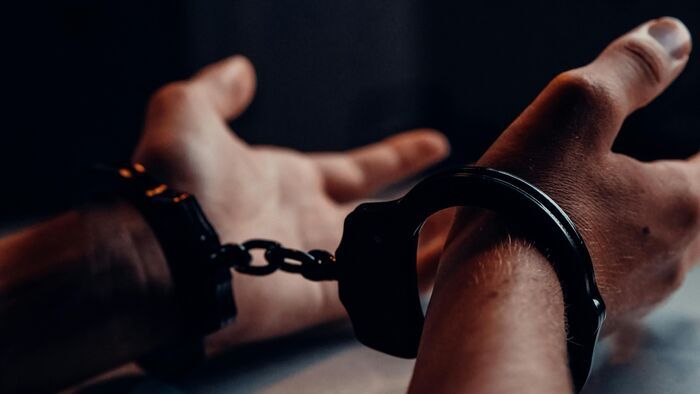

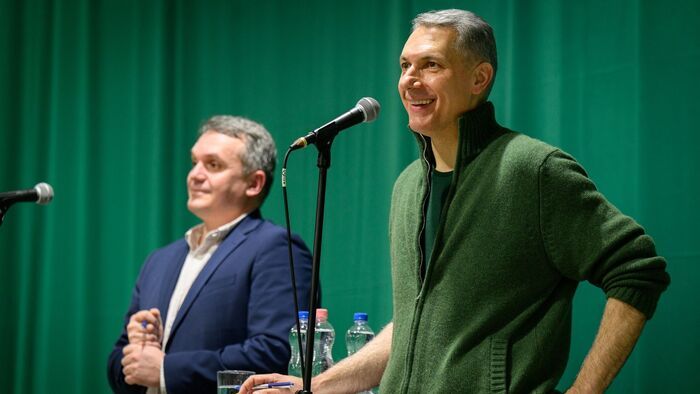
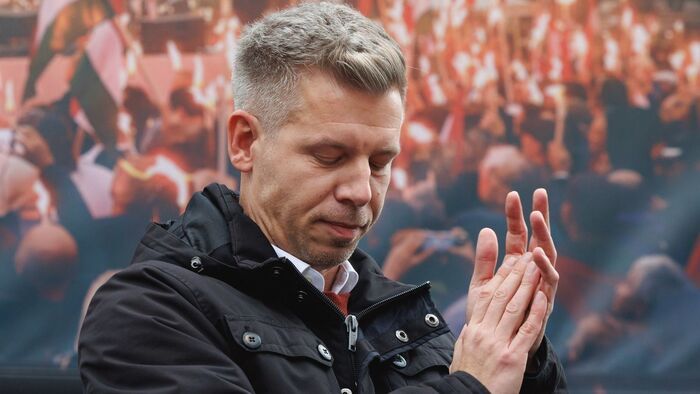


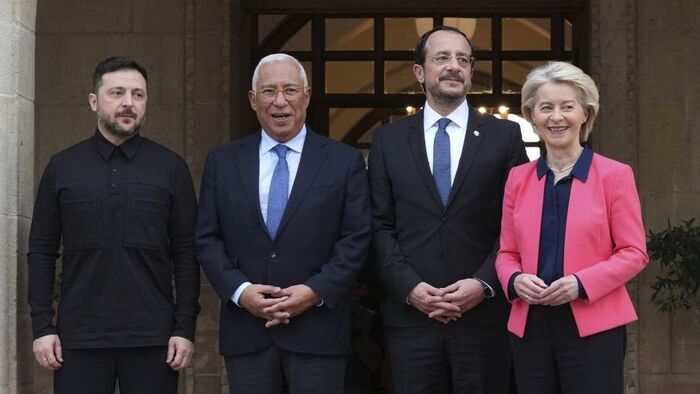
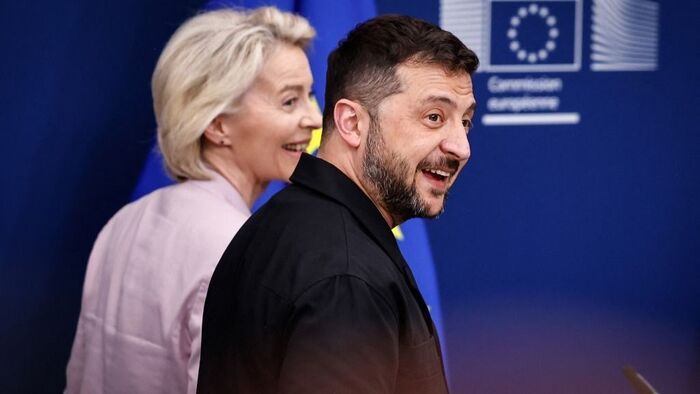
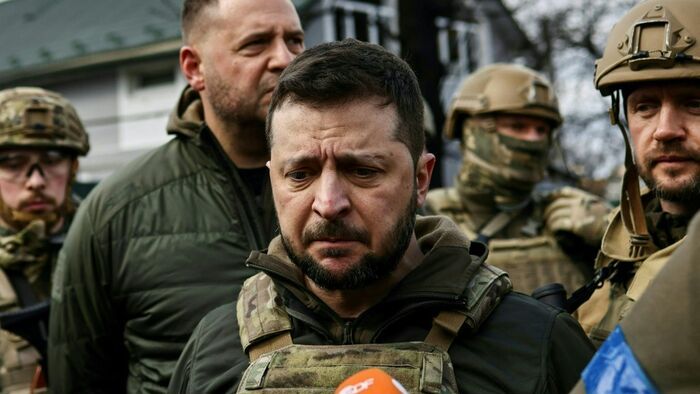





Szóljon hozzá!
Jelenleg csak a hozzászólások egy kis részét látja. Hozzászóláshoz és a további kommentek megtekintéséhez lépjen be, vagy regisztráljon!